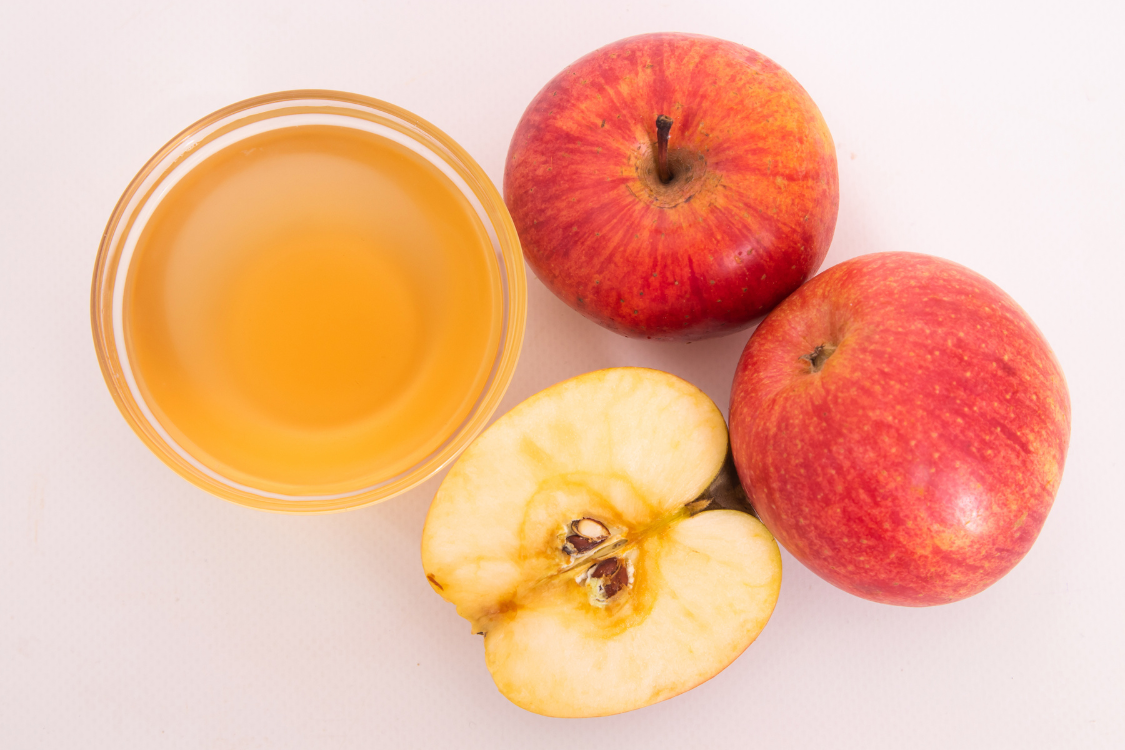Kidney Health
-

Is Ginger and Turmeric Good for Kidneys? Benefits, Risks, and Safe Uses
Ginger and turmeric may support kidney health with antioxidants and anti inflammatory effects, but safe use matters. See how to use them wisely.
-

Coconut Water and Kidney Stones: Benefits, Myths, and Precautions
Coconut water and kidney stones are often linked because of its hydration and electrolyte content. While it may help with kidney stone prevention, it cannot dissolve stones. Learn the benefits,...
-

Snacks Safe for Gout and Kidneys: Tasty and Healthy Options
Excerpt: Snacks safe for gout and kidneys can be tasty and supportive of health. From cherries and yogurt to whole grains and nuts, smart choices may help manage uric acid,...
-

Herbal Teas for Kidney Health: Best Options to Sip Safely
Learn which herbal teas support kidney health, how to prepare safe blends at home, and what teas to avoid if you have kidney concerns.
-

Kidney Friendly Smoothies: Tasty Recipes and Smart Nutrition Tips
Kidney-friendly smoothies can support hydration and kidney health when made with low-potassium fruits, vegetables, and safe add-ins like chia or oats.
-

Vitamins for Kidneys: Best Vitamins and Nutrients to Support Kidney Health
Kidney vitamins such as vitamin D, B vitamins, iron, and calcium play important roles in kidney health, blood function, and bone support when used safely.
-

Best Drinks for Kidney Health: What to Sip and What to Skip
Water is the top drink for kidney health, but cranberry juice, lemon water, teas, and smoothies also help. Limit sugary drinks, energy drinks, and alcohol to reduce strain on your...
-

Are Energy Drinks Bad for Your Kidneys? The Risks Explained
Energy drinks may not be directly toxic to the kidneys, but their caffeine, sugar, and sodium can increase the risk of high blood pressure and kidney stones.
-

Drinking Apple Cider Vinegar for Kidney Stones: Helpful or Hype?
Drinking apple cider vinegar for kidney stones is popular, but it isn’t a cure. Find out how it may support kidney health, safe ways to use it, and when medical...
-

Herbs for Kidney Health: Best Choices, Benefits, and Safety Tips
Herbs for kidney health can support hydration, reduce inflammation, and aid urinary tract balance. See which herbs are safe and which to avoid.
-

Does Salt Cause Kidney Stones? The Truth About Sodium and Kidneys
Too much salt can raise the risk of kidney stones by adding strain on the kidneys and raising calcium in urine. Small daily swaps, like fresh foods and hydration, support...
-

Hypertension and Kidney Damage: How High Blood Pressure Affects Your Kidneys
High blood pressure is a leading cause of kidney damage. Understand the risks, warning signs, and simple ways to protect kidney function for life.












